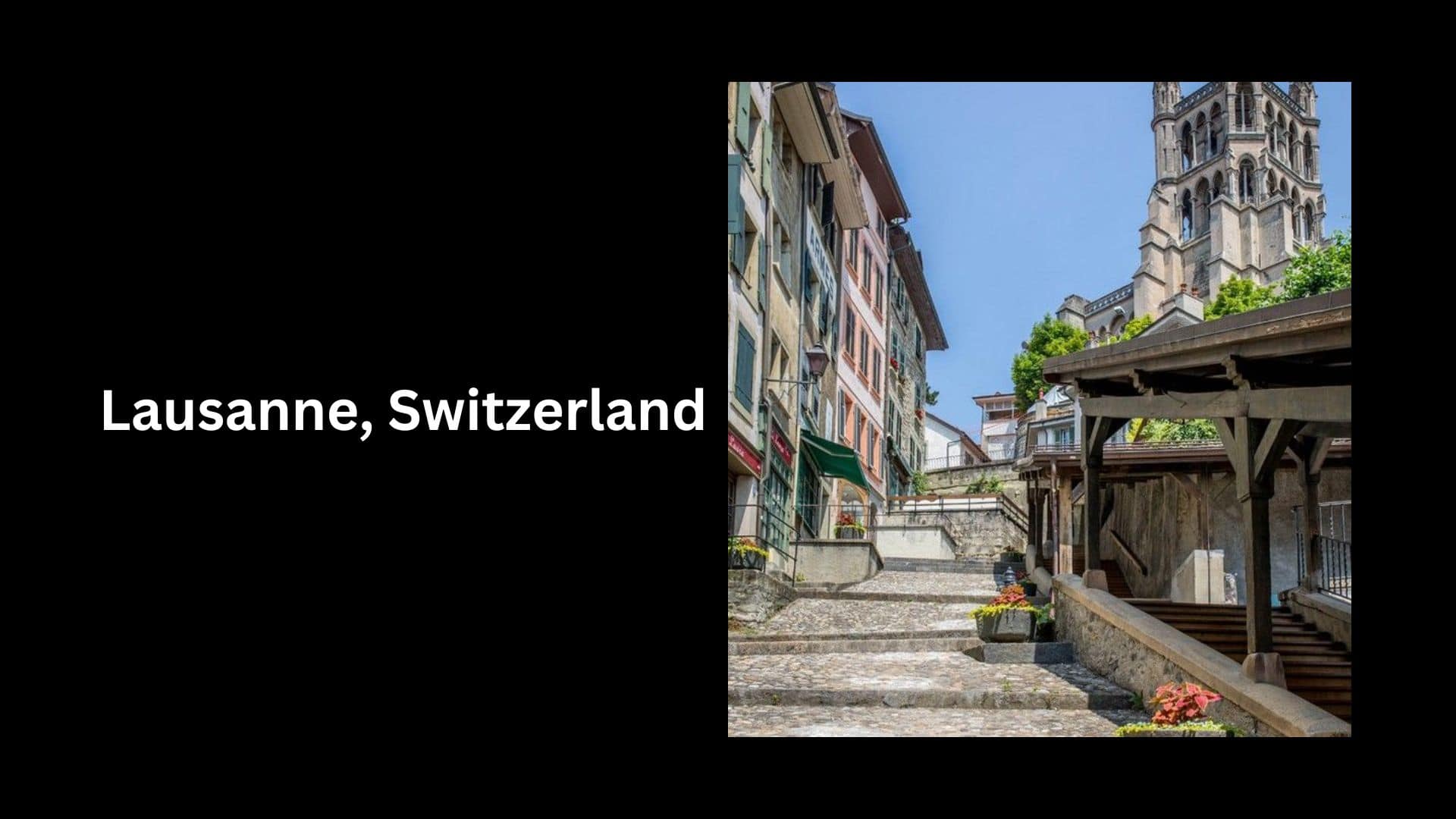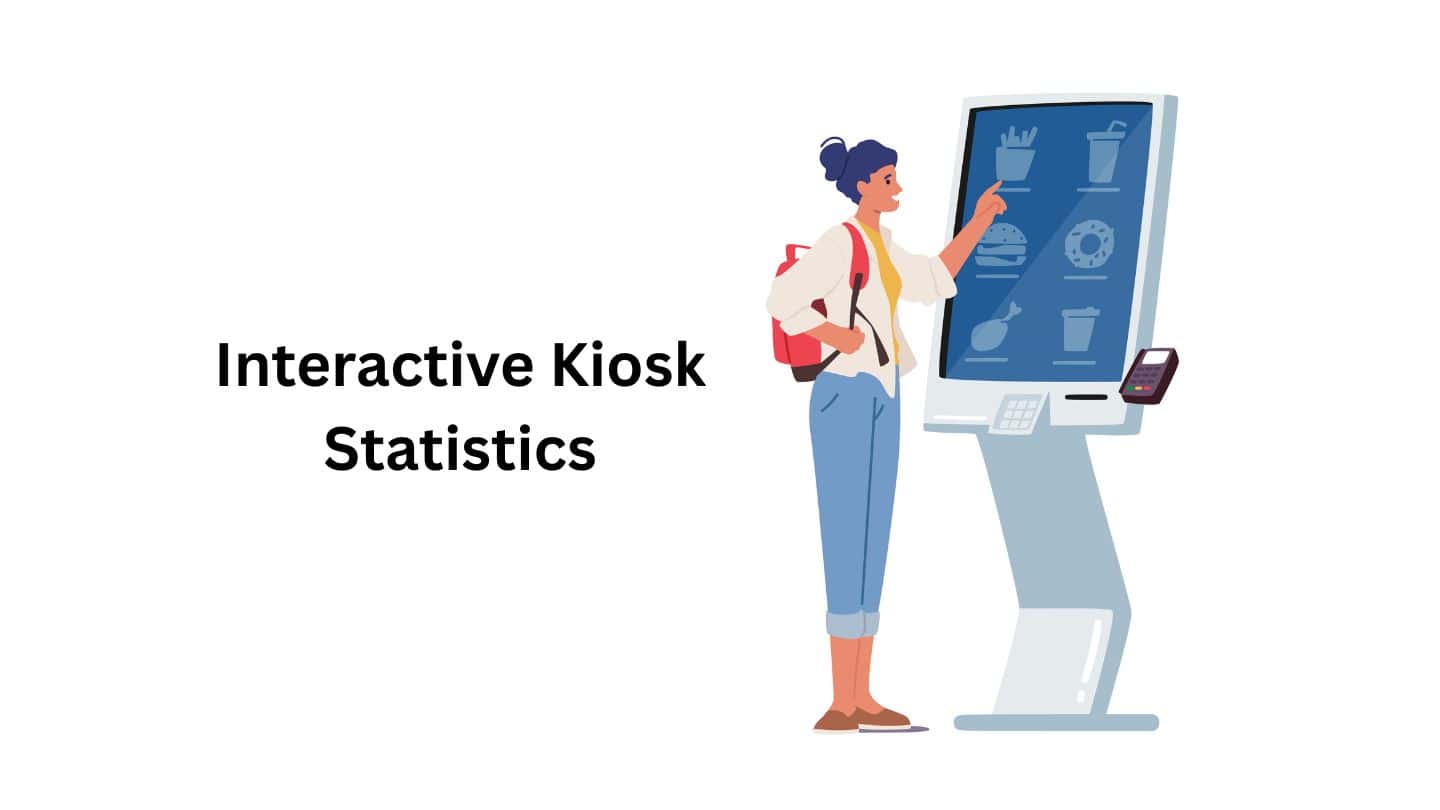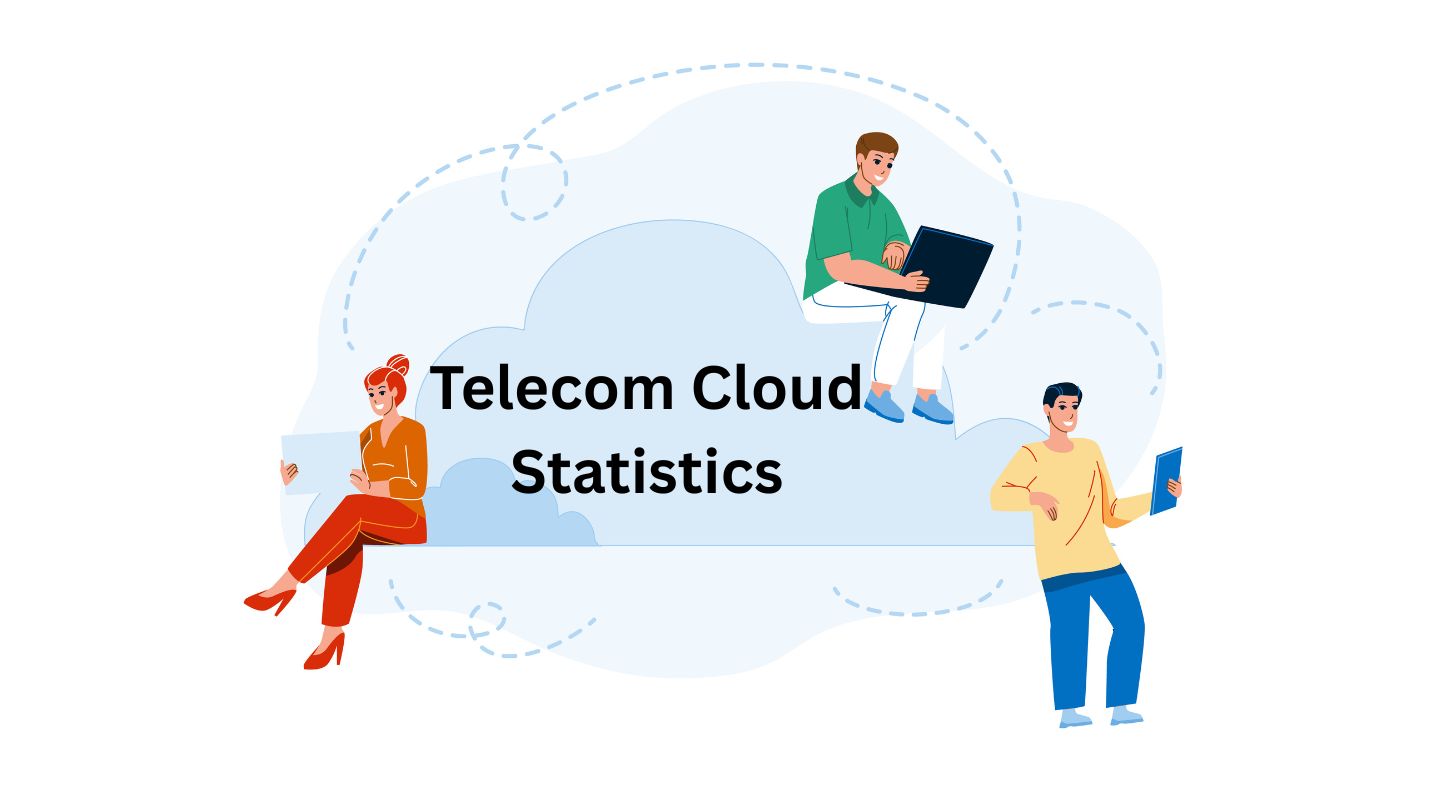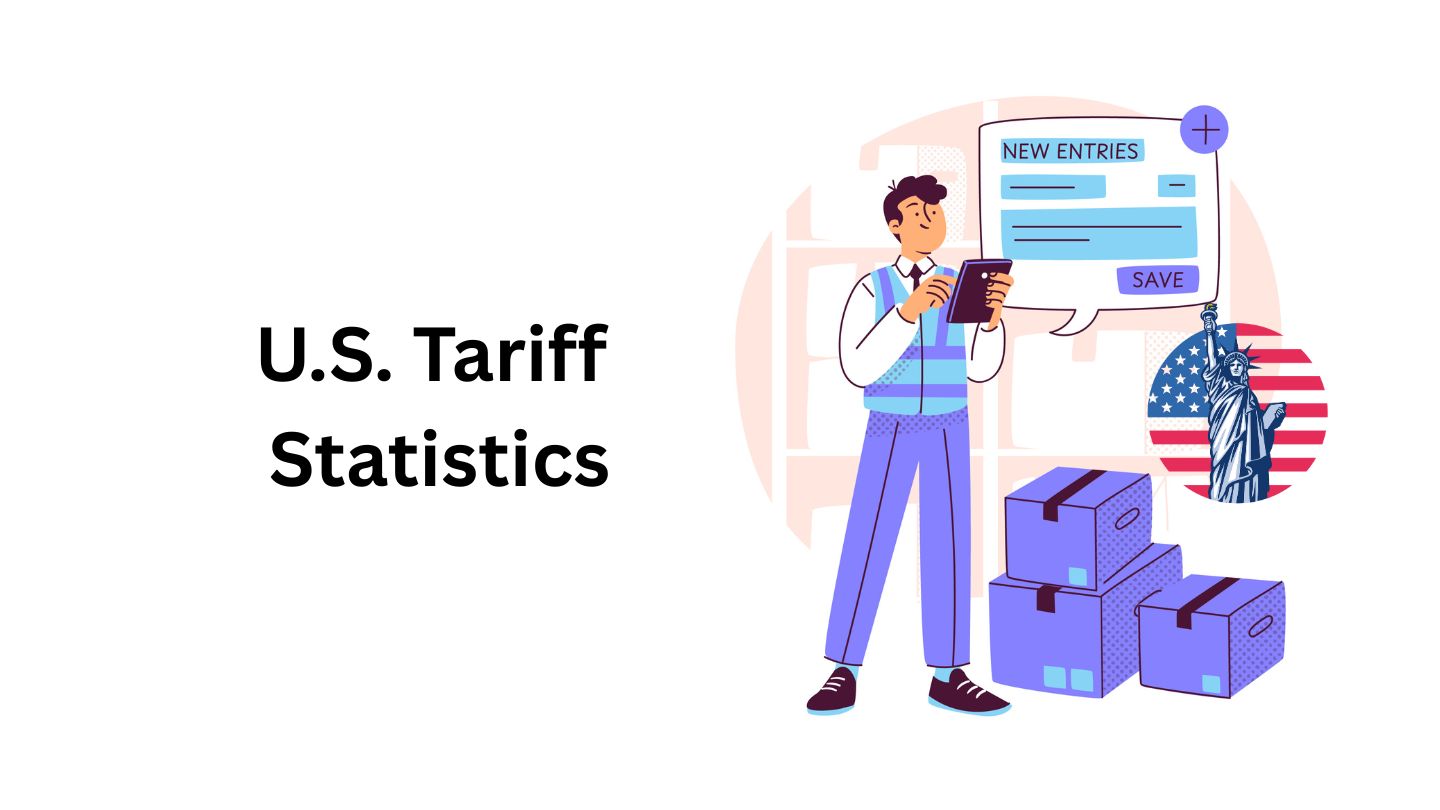2025’s Costliest Cities: Where Living Expenses Break the Bank

Updated · Mar 25, 2025


TABLE OF CONTENTS
- Introduction
- Several Factors Contribute To The High Cost Of Living in Certain Cities
- Living in Expensive Cities Offers Several Advantages
- Most Expensive Cities In The World 2025
- #1. Zurich, Switzerland
- #2. Lausanne, Switzerland
- #3. Geneva, Switzerland
- #4. New York, NY, USA
- #5. Basel, Switzerland
- #6. Bern, Switzerland
- #7. San Francisco, CA, USA
- #8. Honolulu, HI, USA
- #9. Singapore
- #10. Hong Kong
- Conclusion
Introduction
Most Expensive Cities To Live-In: The cost of living is different in every part of the world, but some cities are very expensive. Housing, transport, and daily needs cost a lot, making life difficult for many people. Prices go up because of strong economies, high property demand, and limited space. Cities like New York, London, and Hong Kong are among the most costly because they have big businesses and attract people from around the world.
Living in these cities is exciting, but you need a high income to live comfortably. In this article, we will explore some of the most expensive cities and the reasons behind their high costs, helping you understand what makes them so pricey.
Several Factors Contribute To The High Cost Of Living in Certain Cities
- High Housing Demand vs. Supply: For example, between 2012 and 2017, the San Francisco Bay Area added 400,000 new jobs but only 60,000 housing units, leading to increased housing costs.
- Zoning Laws: Approximately 95.8% of California’s residential land is zoned for single-family homes, limiting the development of affordable, high-density housing.
- High Land Costs: Coastal California’s residential land prices are over 600% higher than the average in other large U.S. metropolitan areas.
- Elevated Construction Expenses: Development fees for building a single-family home in California average USD 22,000, significantly higher than the national average of USD 6,000.
- Inflation and Currency Fluctuations directly affect the pay and savings of internationally mobile employees, influencing living costs.
- Economic and Geopolitical Volatility: Such instability leads to additional expenses in areas like housing and utilities.
- Urbanization: Over half of the world’s population now lives in urban areas, increasing the demand for housing and services and elevating living costs.
- Income Levels: In wealthier cities, higher disposable incomes can drive up prices for goods and services, impacting overall living costs.
Living in Expensive Cities Offers Several Advantages
- People in big cities usually earn more money than the national average, helping them save and build wealth.
- Big cities have many businesses, giving people more chances to grow in their careers.
- Living in large cities means better healthcare, with fast access to doctors and medical services.
- Big cities offer a plethora of options, allowing residents to purchase exactly what they want. In smaller cities, residents might have to settle for something else.
- Living in a big city helps individuals network and use connections to their advantage, facilitating career growth.
Most Expensive Cities In The World 2025
- Zurich, Switzerland
- Lausanne, Switzerland
- Geneva, Switzerland
- New York, NY, USA
- Basel, Switzerland
- Bern, Switzerland
- San Francisco, CA, USA
- Honolulu, HI, USA
- Singapore
- Hong Kong
#1. Zurich, Switzerland
 (Source: globalpassport.ai)
(Source: globalpassport.ai)
- Zurich’s cost of living index is 107.62, indicating very high expenses.
- A one-bedroom apartment in Zurich’s city centre typically rents for CHF 2,500 to 3,500 per month (around USD 2,830 to USD 3,960).
- Monthly health insurance premiums for adults range between CHF 460 and 540.
- Zurich ranks first globally in Mercer’s 2024 Quality of Living Survey.
- The city has a high safety index of 76.97, reflecting low crime rates.
- Zurich’s healthcare index stands at 70.05, indicating high-quality medical services.
- Residents enjoy a very high climate index of 81.48, suggesting favourable weather conditions.
- Almost all Zurich residents (99.2%) can reach essential services within a 15-minute walk.
- The city is famous for excellent public services, making it one of the best places to live.
- Zurich has a vibrant cultural scene, attracting both locals and tourists.
#2. Lausanne, Switzerland
 (Source: pinterest.com)
(Source: pinterest.com)
- Lausanne has a cost of living index of 103.3, surpassing New York City’s baseline of 100.
- A family of four incurs estimated monthly costs of CHF 6,491 (approximately USD 7,000) without rent.
- A single person’s estimated monthly costs are CHF 3,545 (around USD 3,800) without rent.
- Rent in Lausanne is, on average, 62.4% higher than in Warsaw.
- Lausanne is the 3rd most expensive city in Western Europe and more costly than 94% of cities worldwide.
- Grocery prices in Lausanne are approximately 12.7% higher than in the United States.
- Gasoline costs about CHF 7.09 (USD 8.01) per gallon, significantly higher than in the United States.
- Monthly utilities for a 700 sq ft apartment average CHF 201.13 (USD 227.30).
- A 50 Mbps or faster internet connection costs around CHF 47.96 (USD 54.20) per month.
- A basic meal with a drink at an inexpensive restaurant costs approximately CHF 25.23 (USD 28.51).
#3. Geneva, Switzerland
 (Source: forbes.com)
(Source: forbes.com)
- The average monthly living expense is around USD 3,195.
- A family of four’s estimated monthly costs are about USD 6,113 (5,360.9 CHF) without rent.
- A single person’s estimated monthly costs are around USD 1,659 (1,466 CHF) without rent.
- Rent often exceeds USD 2,300 (2,000 CHF) per month in cities like Geneva.
- Residents should budget approximately USD 250 (220 CHF) per month for utilities in an 85-square-meter apartment.
- Dining out costs about 92.6% more than in the United States.
- Groceries are approximately 41.1% more expensive compared to the United States.
- Transportation expenses are about 65.3% higher than in the United States.
- Childcare costs are more than double those in the United States.
- Geneva ranks as the 7th most expensive city globally.
#4. New York, NY, USA
 (Source: wikipedia.org)
(Source: wikipedia.org)
- New York City’s cost of living is approximately 76% higher than the national average.
- The median home price in Manhattan is around USD 1.2 million, and as of July 2023, the average monthly rent reached USD 5,588.
- In February 2025, Manhattan’s median rent hit a record USD 4,500, marking a 6.4% year-over-year increase.
- The vacancy rate for rentals in 2023 was 1.4%, the lowest since 1968, indicating a tight housing market.
- A single person’s estimated monthly costs, excluding rent, are about USD 1,679.
- For a family of four, the average monthly expenses, excluding rent, is USD 6,205.
- A monthly MetroCard for unlimited subway and bus rides costs USD 127.
- Grocery expenses in New York City are about 9% higher than the national average.
- Average monthly utility costs, including electricity, heating, cooling, water, and garbage, are approximately USD 145.
- Annual per capita healthcare spending in New York State is around USD 10,124.
#5. Basel, Switzerland
 (Source: indiatimes.com)
(Source: indiatimes.com)
- A family of four’s estimated monthly costs are approximately USD 6,200 (CHF 5,438), excluding rent.
- A single person’s estimated monthly costs are around USD 1,694 (CHF 1,485), excluding rent.
- Basel is more expensive than 93% of cities worldwide, ranking 12th out of 158.
- The average price per square meter for an apartment in the city centre is about USD 8,000 (CHF 7,200).
- A monthly public transport ticket costs approximately USD 98 (CHF 87).
- Gasoline is priced around USD 7.77 per gallon (CHF 6.88).
- A basic meal with a drink at an inexpensive restaurant cost about USD 28.51 (CHF 25.23).
- A gallon of milk costs approximately USD 7.65 (CHF 6.77).
- Monthly utilities for a 700 sq ft apartment average USD 174.58 (CHF 154.49).
- A 50 Mbps or faster internet connection costs around USD 58.25 (CHF 51.55) per month.
#6. Bern, Switzerland
 (Source: historichotelsofeurope.com)
(Source: historichotelsofeurope.com)
- A family of four’s estimated monthly costs are approximately USD 5,766.8 (5,057.0 CHF), excluding rent.
- A single person’s estimated monthly costs are around USD 1,593.7 (1,397.6 CHF), excluding rent.
- A one-bedroom apartment in the city centre averages USD 1,382.42 (1,217.70 CHF) per month.
- Gasoline costs about USD 7.86 (7.06 CHF) per gallon, more than double the U.S. average.
- A monthly public transportation pass is USD 91.24 (81.93 CHF).
- Milk is priced at USD 7.62 (6.84 CHF) per gallon, significantly higher than in the U.S.
- A basic meal with a drink at an inexpensive restaurant cost around USD 26.23 (23.56 CHF).
- Monthly utilities for a 700 sq ft apartment average USD 253.38 (227.53 CHF).
- A 50 Mbps or faster internet connection costs about USD 48.66 (43.70 CHF) per month.
- Private preschool for one child costs USD 3,022.33 (2,714.01 CHF) monthly.
#7. San Francisco, CA, USA
 (Source: wikipedia.org)
(Source: wikipedia.org)
- Cost of Living was almost 70% higher than the national average.
- The median home price is USD 1,404,951, about 182% above the national average.
- Rental Costs accounted for up to USD 4,271.
- The average monthly utility bill is USD 295.10, 48% higher than the national average.
- Transportation Costs are up to 40% higher than the national average.
- Median household income resulted in USD 141,446 as of 2023.
As of December 2024, the unemployment rate was 2.5%. - Consumer Price Index (CPI) increased by 1.8% over two months, up 2.7% from the previous year (as of February 2025).
- The average annual household expenditure was USD 110,886 from 2022 to 2023.
- The metropolitan area’s GDP is USD 501 billion.
#8. Honolulu, HI, USA
 (Source: wikipedia.org)
(Source: wikipedia.org)
- Honolulu’s cost of living is 71.5% above the U.S. average.
- Median home prices in Honolulu are among the highest in the U.S.
- Electricity costs in Hawaii are nearly three times the national average, with rates around 36.41 cents per kWh compared to the U.S. average of 12.58 cents per kWh.
- Gasoline prices in Honolulu are higher than the national average.
- Grocery expenses in Honolulu are higher than the national average.
- Medical care costs in Honolulu have risen by 3.4% over the past year.
- The Consumer Price Index for Honolulu increased by 4.1% over the past year, indicating rising living costs.
- The median household income in Honolulu is USD 95,594.
- Rent in Honolulu is, on average, 69.4% higher than in San Antonio, Texas.
- Honolulu’s economy is heavily influenced by tourism, military defence, and research and development sectors.
#9. Singapore
 (Source: usnews.com)
(Source: usnews.com)
- In 2024, Singapore’s cost-of-living index was 81.9, with New York City as the base, at 100.
- Monthly Expenses: Family of Four (Approximately SGD 11,332 (USD 8,300)) and Single Expat (Between SGD 3,500 to SGD 6,000 (USD 2,565 to USD 4,400)).
- Rent in Singapore is, on average, 29.2% lower than in New York.
- Food in Singapore is 41% cheaper than in New York.
- Transportation in Singapore is 35% cheaper than in New York.
- Inflation Rates: December 2024 (Core inflation at 1.8% year-on-year) and January 2025 (Core inflation at 0.8% year-on-year).
- Public Housing Prices: Resale prices rose by 9.6% in 2024.
- A record 328 public housing units sold for over SGD 1 million (USD 732,000) in Q3 2024.
- International school fees range from USD 10,000 to USD 15,000 per semester.
- Personal income tax is capped at 22%, benefiting high-income earners.
#10. Hong Kong
 (Source: cnbc.com)
(Source: cnbc.com)
- A family of four’s estimated monthly costs are almost USD 3,989 (HK$31,002), excluding rent.
- A single person’s estimated monthly expenses are around USD 1,131 (HK$8,788), excluding rent.
- Hong Kong is the 2nd most expensive city in Asia and ranks 21st globally.
- In 2021, the average price per square foot was USD 4.33 (HK$33.60).
- Gasoline costs about USD 11.42 per gallon (HK$88.79), 216% higher than in the U.S.
- The average monthly disposable salary is USD 2,496, approximately 31% lower than in the U.S.
- Basic utilities for an 85 m² apartment average USD 147.55 monthly.
- A monthly public transport pass costs about USD 64.30 (HK$499.81).
- Grocery prices in Hong Kong are around 20.1% higher than in the U.S.
- Entertainment and sports activities cost about 27.7% more than in the U.S.
Conclusion
Living in costly cities is tough because rent, food, and transport are expensive. These places have good jobs, fun activities, and great services, but managing money can be hard. Many people plan their budget carefully or look for ways to earn extra. Some decide to move to cheaper places for a better life. In the end, where you live depends on your needs, job plans, and financial situation. Expensive cities are exciting, but they might not suit everyone.
Sources
FAQ.
The world’s most expensive cities include Hong Kong, New York, Geneva, London, and Tokyo. These cities have high living costs.
You can save money by sharing a room, living in a small space, taking buses or trains, cooking meals, working extra, and planning your budget.
High housing costs make living in expensive cities harder by increasing rent, mortgages, and bills, leaving less money for other needs.
People live in expensive cities for jobs, opportunities, lifestyle, convenience, and better services, even though costs are high.
Taxes raise the cost of housing, food, and daily needs in expensive cities, making life harder and leaving people with less money.

Joseph D'Souza started Coolest Gadgets in 2005 to share his love for tech gadgets. It has since become a popular tech blog, famous for detailed gadget's reviews and companies statistics. Joseph is committed to providing clear, well-researched content, making tech easy to understand for everyone. Coolest Gadgets is a trusted source for tech news, loved by both tech fans and beginners.











